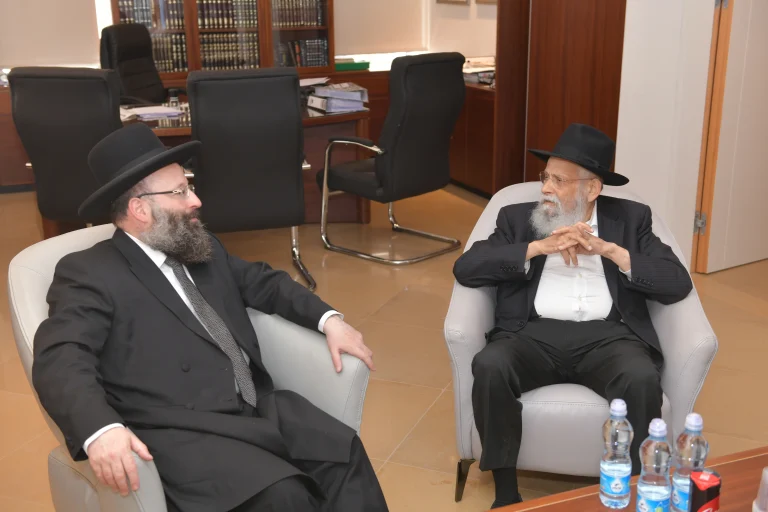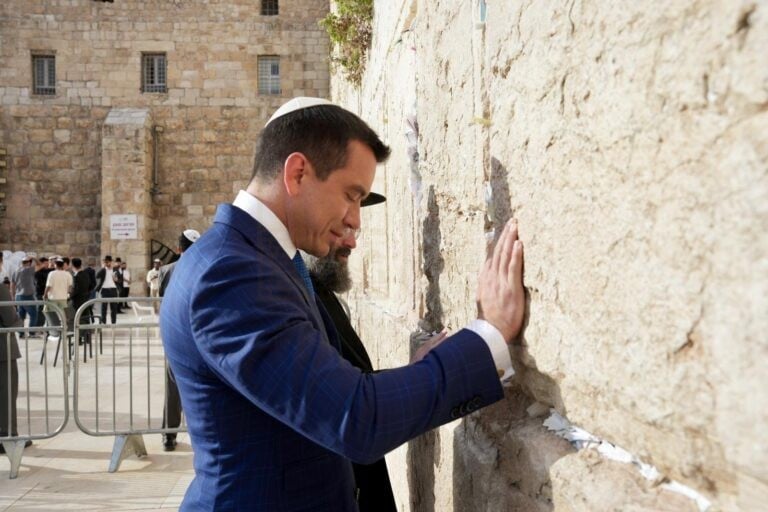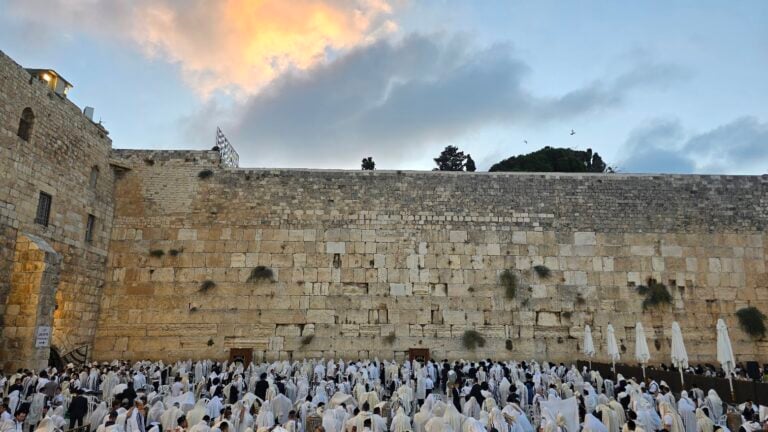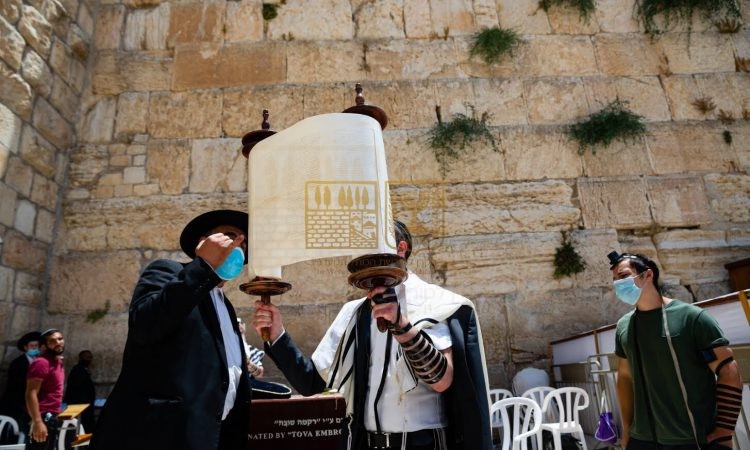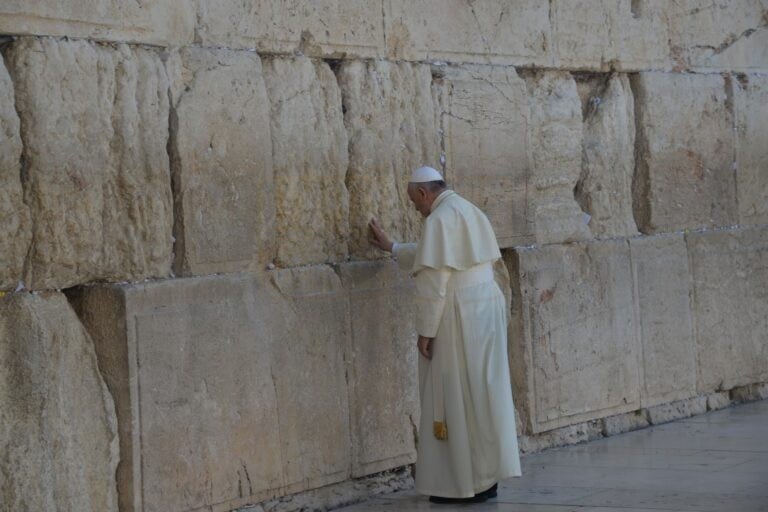Parashat Emor – 5785
Rabbi Shmuel Rabinowitz, Rabbi of the Western Wall and Holy Sites
Parashat Emor contains 63 commandments, presented in a particular order.
One exception stands out: the commandment of Pe’ah (leaving the corner of the field for the poor), which, puzzlingly, appears in the middle of the section discussing the Jewish festivals throughout the year. Pe’ah refers to a small portion of grain, the edge of the field that one is forbidden to harvest. It is designated for the poor.
According to Torah law, even leaving a single stalk of grain for the poor fulfills the commandment of Pe’ah. The main point is to leave something. However, our Sages established a minimum amount for this mitzvah so that the poor would receive a meaningful gift.
Why, then, is this mitzvah placed specifically between Shavuot and Rosh Hashanah? Wouldn’t it be more appropriate to include it among the other commandments related to charity?
Looking deeper into Pe’ah, we ask: if the goal is charitable giving to the poor, wouldn’t it be more practical to leave something of greater benefit? What is the point of leaving a single stalk of wheat for the poor? Moreover, Pe’ah is the final act the farmer performs before bringing the harvest into his home. Preceding it by far is the commandment of Bikkurim—bringing the first fruits to the Temple in Jerusalem. Surprisingly, Bikkurim also has no minimum amount; by Torah law, the farmer can bring even a single fig.
The explanation is this: Pe’ah and Bikkurim share a common idea. Bikkurim opens the process, Pe’ah concludes it. Both are meant to instill a spiritual awareness in the farmer: This world is not mine. It existed before me and will continue after me. I am a part of the wondrous system of creation fashioned by the Holy One, blessed be He, and I strive to do my part faithfully and honestly, fully recognizing that I am nullified before G-d—everything belongs to Him and happens by His will and power. I have entered, as a guest, into a perfect system run by G-d, and to express this, I offer Him the first and last of my produce.
When a person gives the beginning and the end to G-d, and walks the in-between path with faith and humility—that is the proper way of life. Daily living then becomes more righteous and meaningful.
This principle doesn’t apply only to farmers. Every person who wakes up in the morning and opens their eyes says: “I give thanks before You, living and eternal King, for returning my soul within me.” The first act of the day is the morning prayer. Before doing anything else—this is the daily “Bikkurim.” And the daily Pe’ah? Saying Shema before bed. A moment before sleep, the person connects to their Creator, recites the Shema, and reflects on their day with G-d.
This also characterizes a Jew’s eating: reciting a blessing before and after the meal, and in between—eating calmly and with faith.
In our parasha, in the heart of the section on the Jewish festivals, between the Torah’s commandment of the summer Harvest Festival—which marks an ending—and the commandment of Rosh Hashanah—which marks a new beginning, the day that especially symbolizes “firsts” through its unique prayers and shofar blowing—the Torah places central emphasis on the farmer’s role, who joyfully gathers the fruit of his labor: the commandment of Pe’ah! A reminder that everything belongs to G-d, and all success is a result of His blessing.
Thus, it is specifically between Shavuot and Rosh Hashanah that the Torah places the mitzvah of Pe’ah, whose entire purpose is to remind us: “I am the Lord your G-d”.
“And when you reap the harvest of your land, you shall not completely reap the corner of your field, and you shall not gather the gleanings of your harvest; you shall leave them for the poor and the stranger. I am the Lord your G-d.”
(Leviticus 23:22).
